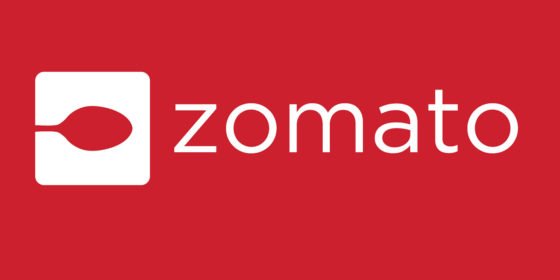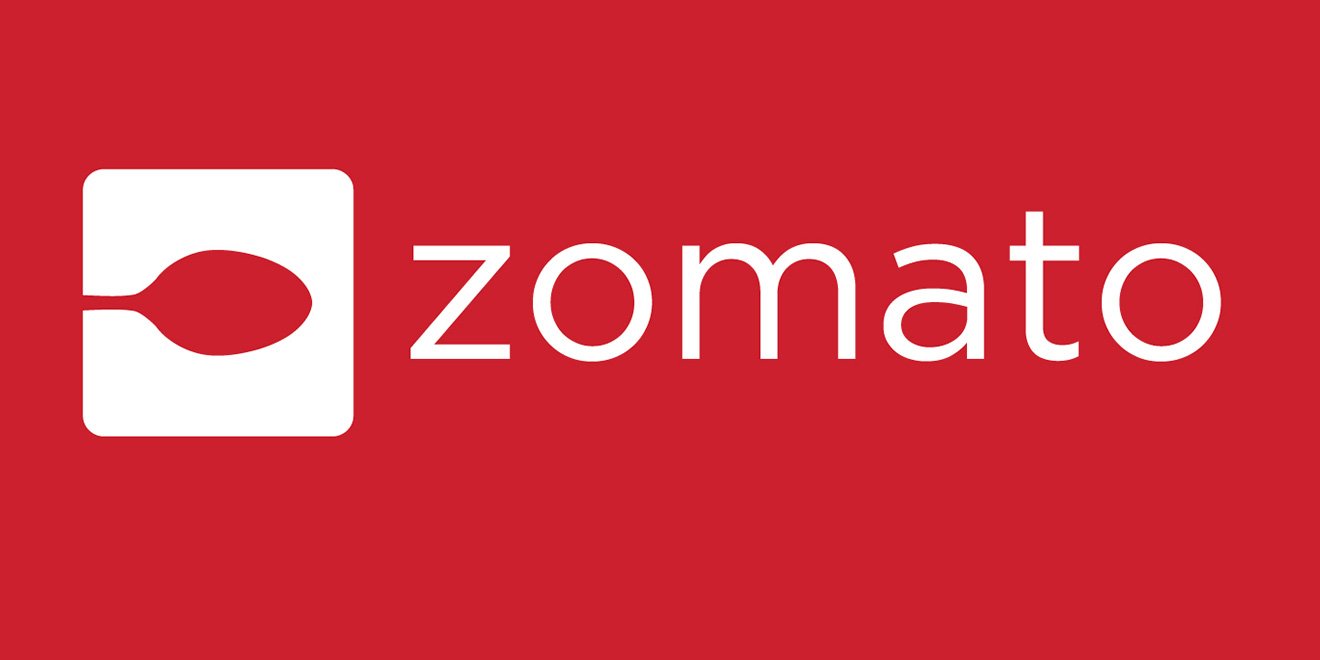
Zomato is best known as a restaurant discovery service, allowing users to find restaurants nearby, giving them access to recommendations and reviews. The company made a very successful business out of that, reaching unicorn status in 2015.
Last year, the company began expanding into delivery, with the launch of Zomato Order, and, so far, it has been a big success. In the month of May, the company processed over 750,000 orders, and is growing at an average of 30 percent month-on-month. By August it hit over one million orders in a single month.
With that kind of growth its no wonder the company wants to make it more robust, with better features. That’s why Zomato announced that it has acquired Sparse Labs, an Indiana logistics-tech startup that helps restaurants track and optimise their in-house delivery fleet. Basically, the app allows restaurants and users to track drivers as they are on route.
“We make it easy for businesses to manage and analyze their delivery operations,” Sparse Labs says on its homepage. “Our product includes a clean web dashboard, rich APIs, out-of-the-box driver apps, customer notifications, accurate ETAs and a map that lets recipients track their orders in realtime.”
Adding Sparce Labs will benefit both the restaurants on the Zomato platform, and their customers, Deepinder Goyal, Founder & CEO of Zomato, wrote in a blog post.
“Joining forces with Sparse Labs will allow us to significantly improve the food ordering experience on the app, by giving users real-time GPS-based status updates on their order,” said Goyal. “At the restaurant end, this technology will help make deliveries highly cost- and time-efficient, allowing them to optimise delivery routes and ensuring minimal wait time for riders.”
Going foward, Sparse Labs will be renamed as Zomato Trace, and Zomato says it will be rolling out the service for free to its restaurant partners “very soon.” Sparce Labs’ founder, Pankaj Batra, will be coming to work at Zomato, where he will :continue developing his vision.”
While Zomato is now in the delivery business, it does not actually handle the delivery of food itself. Instead, it acts as a facilitator between the consumer and the restaurant. The restaurant has to manually accept each order from a user before it is processed, as compared to passing orders from users to restaurants as other services do
To make money, Zomato charges restaurants a commission, which is based on consumer based delivery ratings.
“For us, online ordering is a key business focus and the lower commission rate is not a reflection of how we are prioritizing the business. In fact, our approach to the commission structure is unique where we are placing Zomato consumers first and giving incentives to our partner restaurants to service them better,” Goyal told me last year.
“We charge a lower commission from our partner restaurants if the delivery experience for the consumer is amazing, as measured by the new system of ‘delivery rating.’ We believe that happy consumers will drive more volumes and consequently more business.”
Founded in 2008, Zomato has raised over $223 million to date, most recently a $60 million round from new investor Temasek and existing backer Vy Capital in September of last year.
Zomato acquires logistics technology startup Sparse Labs






